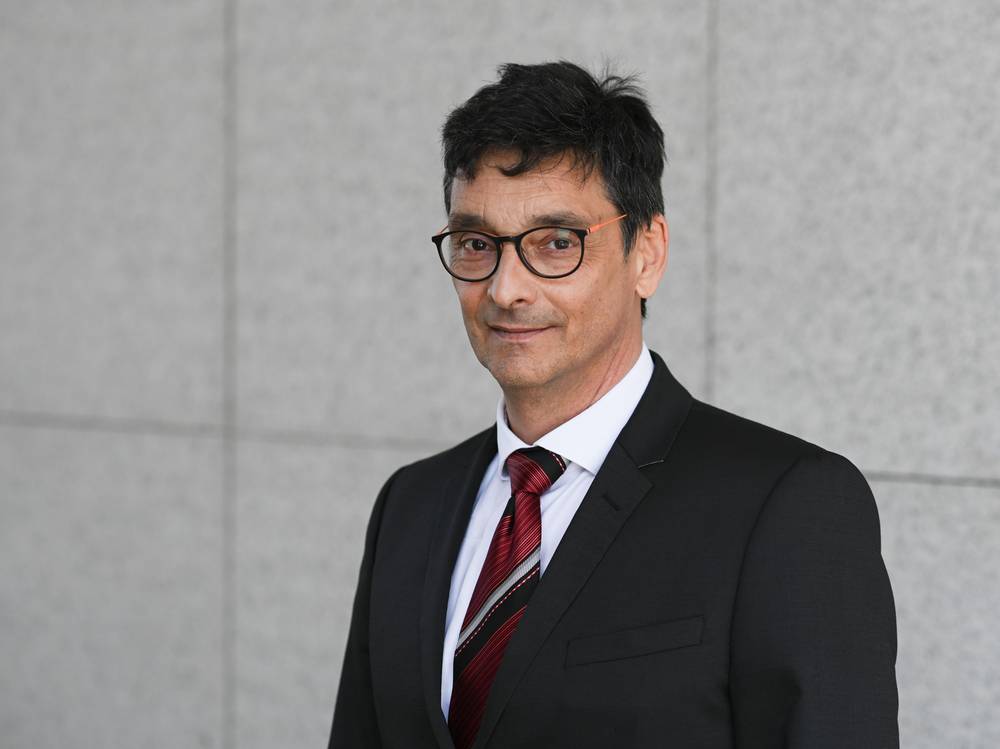On 04/10/2024, The Committee on Labour, Family, Social Affairs and Disability of the National Assembly of the Republic of Slovenia and the Committee on Education, Science and Youth considered parts of the 29th annual report of the Human Rights Ombudsman of the Republic of Slovenia (Ombudsman) pertaining to their jurisdictions.
In the field of pension and disability insurance, the Ombudsman considered multiple cases where individuals received a decision from the Pension and Disability Insurance Institute of the Republic of Slovenia that they are capable of work, while the Employment Service of Slovenia issued decisions to the same persons stating they were incapable of work. “In light of the considered complaints and the identified legislative incompatibilities, we recommend the Government to standardise and adjust the definition of disability as per the Convention on the Rights of Persons with Disabilities in all rules and regulations and ensure its conformity with the Convention and the Constitution. We recommend that the Ministry of Labour, Family, Social Affairs and Equal Opportunities (MDDSZ) overhaul its system for determining disability and introduce a single body for determining disability and, in cooperation with the Ministry of Health, amend stipulations in public regulation which put persons with mental health disabilities in an unfavourable position compared to other persons with disabilities with comparable limitations,” emphasised Peter Svetina.
In education, the institution of the Ombudsman devoted much time last year to the announced reform of the school system. “We estimate that the curricula for primary and secondary schools are too extensive and require too much factual learning of details from pupils and students and too many different contents that can be accessed online with one click nowadays. A concrete shift towards less static and more movement-oriented education is also needed,” the Ombudsman elaborated to the present members of the Assembly.
He followed this up by stating that he is worried that one-third of the members from the workgroup for the preparation of a national educational programme for the next decade quit the working group, as their arguments and views had been disregarded by the competent personae at the ministry as they already have all the solutions supposedly ready in advance. “Unfortunately, the state is late with the adoption of the national programme for the 2023-2033 period; thus, I am concerned that, once again, there will not be enough time to meet the deadlines set for its implementation,” said Ombudsman Svetina.
Within the framework of the aforementioned education reform, the Ombudsman draws attention to the acute need to find an appropriate solution to the spatial overload of elementary schools with an adapted programme. “We have been informed multiple times about the major overcrowding issues that the Janez Levec Center Ljubljana (CJV), Helena Puhar Kranj Primary School, and some others have. The Ombudsman advocates the introduction of inclusive education, which, as a right, derives from Article 24 of the Convention on the Rights of Persons with Disabilities, and we are still very far from that in Slovenia,” Svetina stated.
He added that he noted how we are too often witnesses of a lack of cooperation and coordination between the ministries in our state. Shifting responsibility from one ministry to another should be unacceptable for government representatives. “We must understand that social rights in the purview of both committees are not a privilege but are equal to all other human rights; thus, the state must adequately exercise them. I wish that people be at the heart of the reforms and that decision-makers find solutions in dialogue with key stakeholders that leave no one behind,” the Human Rights Ombudsman Peter Svetina emphasised at the presentation.


